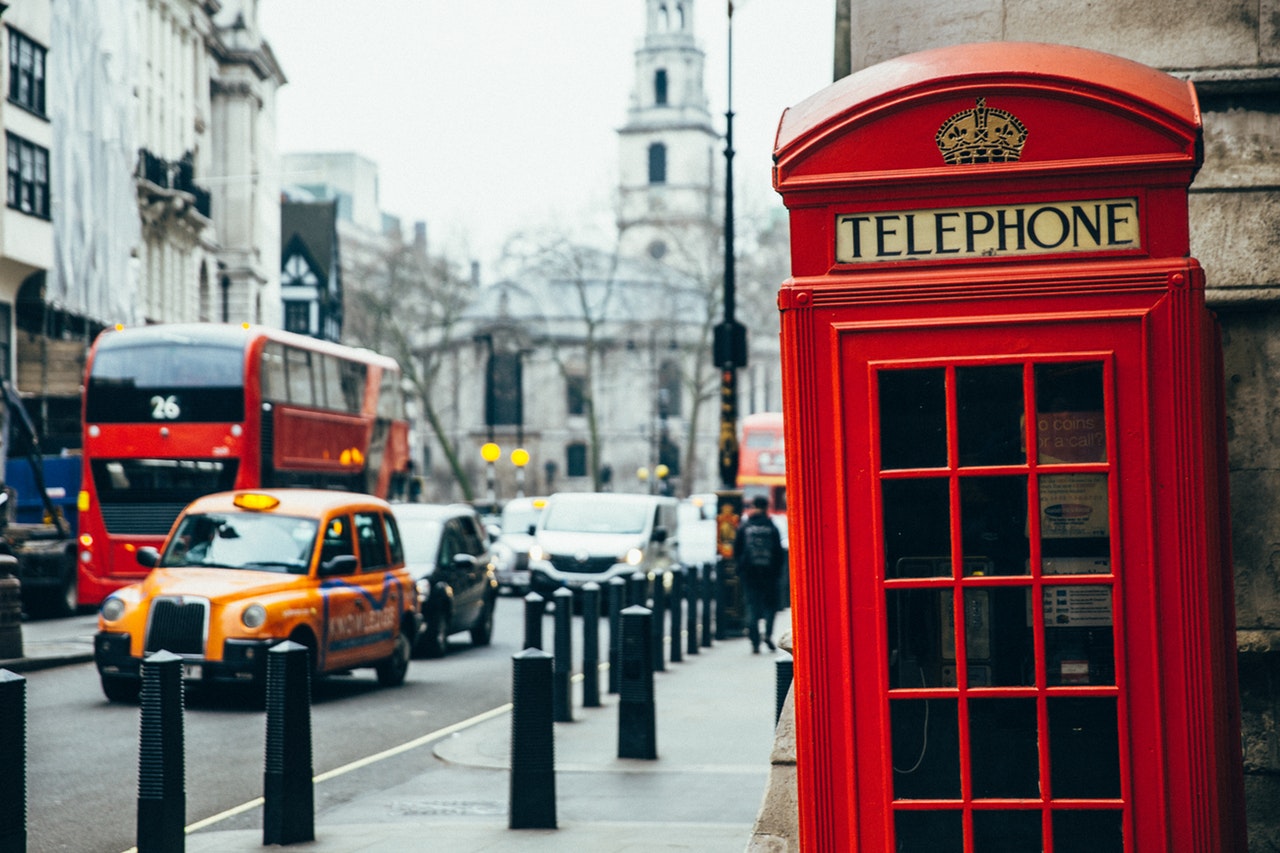
In my early twenties, I lived in London, England and served on a ministry team that shared the gospel to high school and college students. With countless students, conversations centered around faith would end with them questioning God’s goodness since it seems He allows such atrocities on the earth. They believed there could not possibly be a good God who would allow orphans to suffer, wars to ravage the lives of the innocent, or pain so difficult to cope with to enter their own lives.
Similarly, our belief often seems to waver in the absence of justice. When the events and brokenness of our lives offer no obvious benefits to our hearts, we question; when we think God should have intervened for us, protected us, or healed us, we doubt. When we can’t seem to make sense of His unpredictable plan for our lives, we may settle for the solace of disbelief. It can appear to be the safest option after the baby dies, after the cancer diagnosis, after the divorce is final, after the job is lost, or after a friend commits suicide. Sometimes disbelief in God or God’s love makes more sense to us than belief in a God who would allow the terrible events of life. The thought that God would choose not to protect us or would abandon us in our hour of despair leaves our hearts unhinged. We can’t bear it. So we choose to believe that God either must not exist or must not care for us.
For many of us, we don’t wake up one morning and decide to walk away from the faith. It’s a slow divide. We start with a bit of worry and restlessness that builds over time, and eventually, we have lost our resolve to trust Him. We give ourselves countless reasons to explain why He isn’t good enough, why He isn’t able to fix our brokenness. At our darkest, we may persuade our hearts to believe He isn’t there at all. And when we do that, our lives only seem to be even more broken and isolated.
In that season of ministry as I was serving students in London, I believed with everything in me that God loved them and longed to restore them; but as they continued to question the power and love of God, I found myself questioning if God was big enough to handle their doubts and pain. Their brokenness seemed to be heavier than the answers I could offer. I worried and wondered if God knew their stories—each and every detail—and was present amidst their questioning hearts. The truth is: my worry was no help. The God of the universe knew their struggles long before I knew of them, and He would love them long after I was gone.
Excerpted from the six-week Bible study Never Alone: 6 Encounters with Jesus to Heal Your Deepest Hurts, Tiffany Bluhm, Ó 2018 by Abingdon Press. All rights reserved.